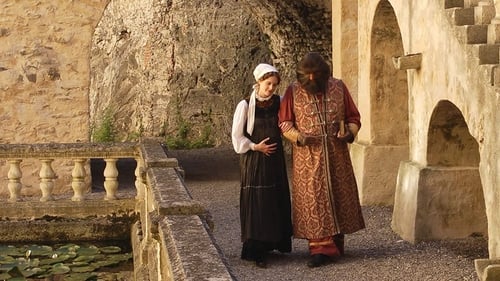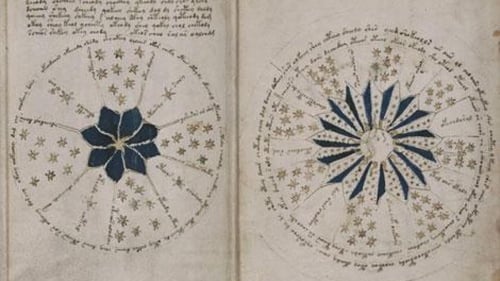
Director
‘La Gioconda’, también conocida como la ‘Mona Lisa’, es una obra de Leonardo Da Vinci y uno de los cuadros más famosos del mundo. Actualmente está expuesta en el Museo del Louvre en París y cada año la visitan millones de personas. La Gioconda no sólo ha pasado a la historia del arte por su valor artístico, sino también por el misterio que rodea a su creación. Pintada entre 1503 y 1519, la última gran obra de Da Vinci supuso una revolución por las técnicas pictóricas utilizadas. Tras varios análisis del cuadro, se sabe que el artista hizo primero el dibujo y después aplicó la pintura al óleo. Da Vinci fue el inventor de la técnica del ‘sfumato’ o esfumado, que consiste en difuminar el contorno del dibujo y suavizar los colores para crear un juego de sombras que da a la figura un efecto tridimensional.

Writer
It's a condition known as "hypertrichosis" or "Ambras Syndrome," but in the 1500s it would transform one man into a national sensation and iconic fairy-tale character. His name: Petrus Gonsalvus, more commonly known today as the hairy hero of Beauty and the Beast.

Director

Writer

Author

Director

Producer
It is the world's most mysterious manuscript. A book, written by an unknown author, illustrated with pictures that are as bizarre as they are puzzling - and written in a language that even the best cryptographers have been unable to decode.

Writer
It is the world's most mysterious manuscript. A book, written by an unknown author, illustrated with pictures that are as bizarre as they are puzzling - and written in a language that even the best cryptographers have been unable to decode.

Director
It is the world's most mysterious manuscript. A book, written by an unknown author, illustrated with pictures that are as bizarre as they are puzzling - and written in a language that even the best cryptographers have been unable to decode.

Director

Writer
Introduces the theory of the Viennese media scholar Rainer Maria Köppl that Bram Stoker was indirectly inspired by the figure of Princess Eleonore zu Schwarzenberg.

Director
Introduces the theory of the Viennese media scholar Rainer Maria Köppl that Bram Stoker was indirectly inspired by the figure of Princess Eleonore zu Schwarzenberg.





